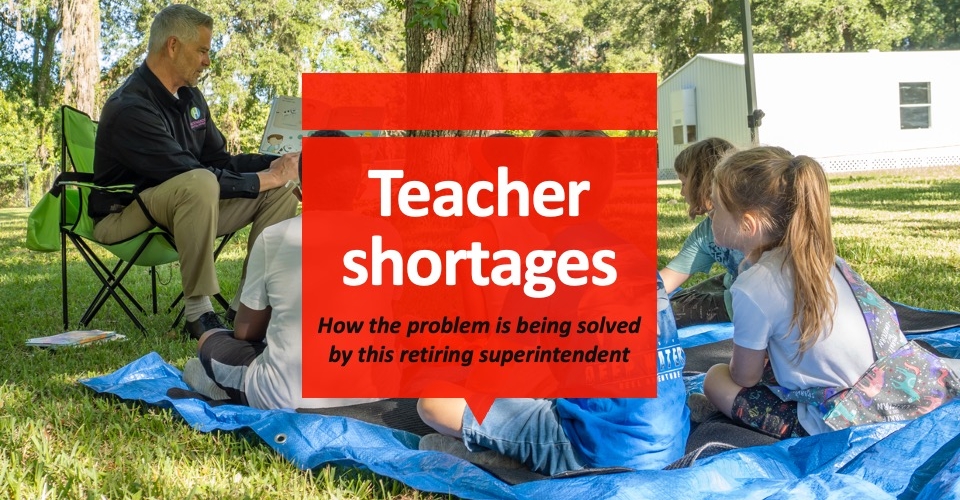Plenty of K12 students and their parents are interested in pursuing non-degree pathways after graduation. That’s important for district leaders to know because students and parents also say they should be getting more information and guidance on these education-to-career paths in middle or high school, a new report has found.
Nearly 90% of parents want to know more about non-degree pathways and two in five think advising should start in middle school to give students the complete picture of their postsecondary options, says the report, ‘Beyond Degrees,’ from the nonprofits American Student Assistance and Jobs for the Future.
“Helping students, parents, and educators access clear, accurate, and timely information about diverse education-to-career pathways is critical to ensure students don’t miss out on life-changing experiences that could set them up to be inspired, confident, assured of their purpose, and highly employable,” said Maria Flynn, Jobs for the Future’s president and CEO.
Read more from DA: Is high turnover now leading to higher superintendent salaries?
Here are a few key findings from the report:
- Only 28% of parents say that they would be disappointed when asked how they would feel if their child did not enroll in a two- or four-year college. Some 30% would be delighted while 41% were neutral.
- Nearly all educators (97%) think their students are interested in learning more about non-degree pathways. However, half of educators also worry their high school does not provide students with enough information about their options.
- Only 26% of parents believe their children are “very prepared” for their post-high school and career transition.
Knowing more about non-degree pathways
High school students who do not enroll in college are more likely to be employed if they have participated in pathway programs such as apprenticeships and boot camps or if they have earned industry certifications, a previous survey by the two organizations found.
The report urges education leaders to cover college and career options more comprehensively in middle school and offer more opportunities for parents to learn about the various alternatives, including how to gauge the quality of non-degree pathways. Closer collaboration with business and industry would encourage more employers to invest in skills-based hiring practices.
“While the data suggests that parents and educators believe nondegree pathways present promising opportunities for today’s youth, it’s clear that many are unsure of how to help students identify, assess, and navigate these kinds of postsecondary options that will set them up for lifelong success,” concluded Jean Eddy, president and CEO of American Student Assistance.









